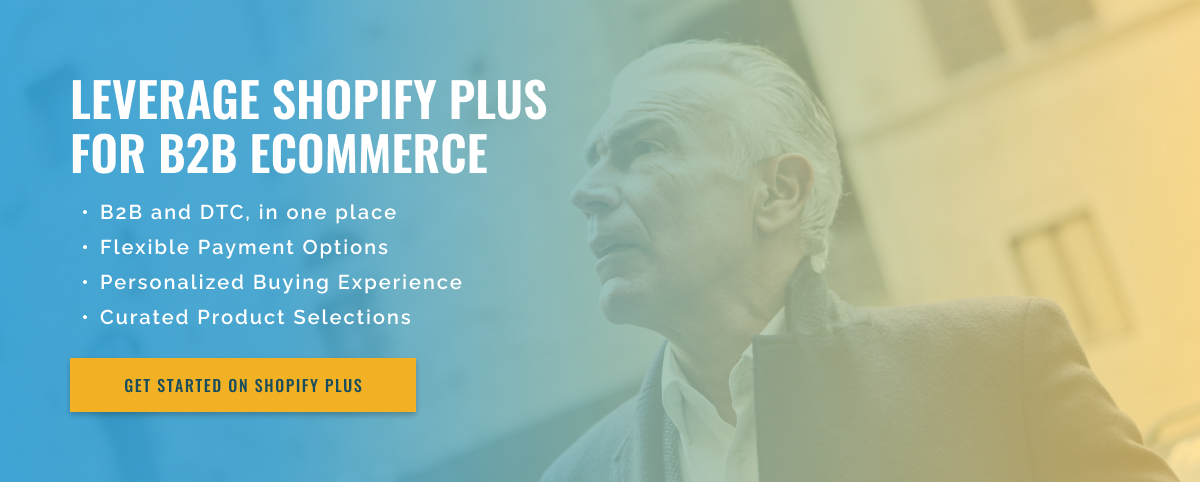3 minute read
Integrating Shopify B2B Apps with ERP Systems
In today’s business world, B2B companies are constantly looking for ways to streamline their operations and improve efficiency. One area that has seen significant growth in recent years is the integration of Shopify B2B applications with existing ERP systems. This integration has proven to be a game-changer for many B2B companies, enabling them to improve customer service, automate processes, and increase revenue.
But what exactly are Shopify B2B apps and how do they integrate with existing ERP systems used by B2B companies? Let’s dig into the details and find out.
First, let’s define Shopify B2B. Shopify is a popular eCommerce platform that allows businesses to create online stores and sell products. B2B or business-to-business refers to a type of business model in which one company sells products or services to another company. Shopify B2B apps are designed specifically for B2B businesses, providing them with features and tools tailored to their individual needs, such as bulk ordering, account management, and tiered pricing.
How can these applications be integrated with existing ERP systems?
Enterprise resource planning (ERP) systems are software solutions used by companies to manage day-to-day operations such as accounting, inventory, and supply chain management. B2B companies often rely on ERP systems to handle complex business processes and data.
APIs (Application Programming Interfaces) allow Shopify B2B applications to connect and communicate with ERP systems. This enables data to flow seamlessly between both systems, ensuring accurate and up-to-date information for both the company and its customers. For example, when a customer places an order through the Shopify B2B app, the order information is automatically transferred to the ERP system and the fulfillment process is triggered. This avoids manual data entry and reduces the likelihood of errors.
Additionally, the integration enables real-time inventory management and ensures accurate product and availability information displayed in the Shopify B2B app. This avoids oversales and backorders and improves the quality of customer service.
Another benefit of this integration is that B2B companies have a central system for all their business operations. They can manage their eCommerce store and ERP system from a single platform, giving them a holistic view of their business and helping them make data-driven decisions.
To summarize, the integration of Shopify B2B applications with existing ERP systems has revolutionized the way B2B companies work.

